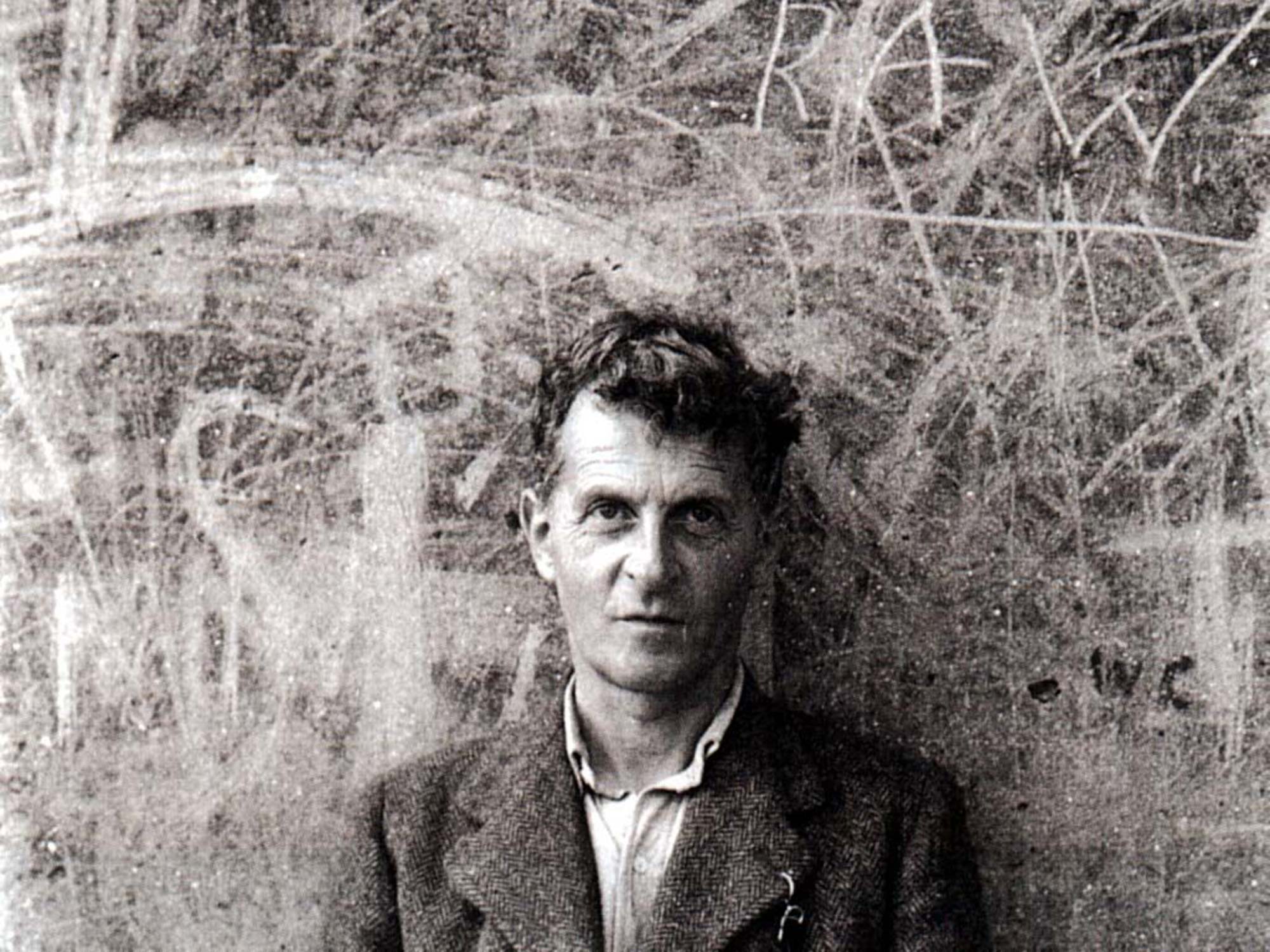【Watch Secretly Affair Sex Online】
Wittgenstein,Watch Secretly Affair Sex Online Schoolteacher
Best of 2015
We’re away until January 4, but we’re re-posting some of our favorite pieces from 2015. Please enjoy, and have a happy New Year!

Ludwig Wittgenstein, who knew how to sully a chalkboard with the best of them.
What the philosopher learned from his time in elementary-school classrooms.
Every philosophy major has at some point had to answer the standard challenge: “What are you going to do, teach?” It’s especially frustrating after you realize that, for someone with a humanist bent and a disinterest in worldlier things, teaching is a pretty good career choice. Unemployables in the humanities might take comfort from the fact that one of the twentieth century’s greatest philosophers, Ludwig Wittgenstein, made the same choice. He revolutionized philosophy twice, fought with shocking bravery in World War I, inspired a host of memoirs by people who knew him only glancingly—and for six years taught elementary school in the mountains of rural Austria. Biographers have tended to find this bizarre. Chapters covering the period after his teaching years, when Wittgenstein returned to philosophy, are usually called something like “Out of the Wilderness.” (That one’s from Ray Monk’s excellent Ludwig Wittgenstein: The Duty of Genius. The next chapter is called “The Second Coming.”)
By the time he decided to teach, Wittgenstein was well on his way to being considered the greatest philosopher alive. First at Cambridge, then as an engineer and soldier, Wittgenstein had finished his Tractatus Logico-Philosophicus, at once an austere work of analytic philosophy and—for some readers, Wittgenstein apparently included—an almost mystical experience. In it, he claimed charmingly and not without reason to have solved all the problems of philosophy. This was because of the book’s famous “picture theory of meaning,” which held that language is meaningful because, and only because, of its ability to depict possible arrangements of objects in the world. Any meaningful statement can be analyzed as such a depiction. This leads to the book’s most famous conclusion: that if a statement does notdepict a possible arrangement of objects, it doesn’t mean anything at all. Ethics, religion, the nature of the world beyond objects … most statements of traditional philosophy, Wittgenstein contended, are therefore nonsense. And so, having destroyed a thousand-year tradition, Wittgenstein did the reasonable thing—he dropped the mic and found a real job teaching kids to spell. Read More >>






Related Articles